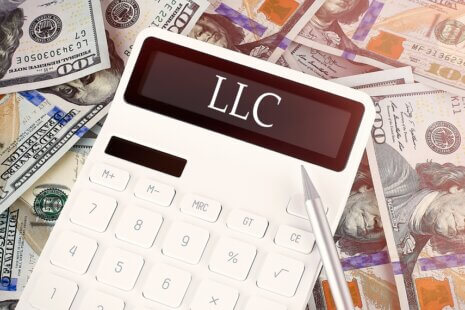Several factors can increase the likelihood of getting audited by the IRS (Internal Revenue Service). While there’s no definitive list of criteria that guarantee an audit, certain situations or behaviors may raise red flags and prompt closer scrutiny from the IRS.
Here are some factors that could make you more likely to get audited…
- High Income – Taxpayers with high incomes, especially those significantly above the national average for their income bracket, may be more likely to get audited. The IRS may focus on high-income taxpayers to ensure compliance with tax laws and regulations.
- Self-Employment or Business Income – Individuals who report self-employment income or business income on Schedule C (Profit or Loss from Business) may be subject to closer scrutiny, as there’s a higher risk of underreporting income or overstating deductions in these cases.
- Large Deductions or Losses – Claiming unusually large deductions, losses, or credits compared to your income level or industry norms may raise red flags for the IRS. This includes deductions for business expenses, home office deductions, charitable contributions, and medical expenses.
- Unreported Income – Failure to report all sources of income, such as earnings from self-employment, rental income, investment income, or foreign income, could trigger an audit. The IRS receives information about income from various sources, including employers, financial institutions, and third-party payment processors.
- Home Office Deductions – Claiming deductions for a home office can be a trigger for an audit, as the IRS closely scrutinizes these deductions to ensure they meet the strict requirements for business use and exclusivity.
- Cryptocurrency Transactions – The IRS has increased its focus on taxpayers who engage in cryptocurrency transactions due to the potential for underreporting or failure to report taxable transactions. Individuals involved in cryptocurrency trading or mining may be subject to additional scrutiny.
- Prior Audit History – Taxpayers with a history of past audits or compliance issues may be subject to additional scrutiny from the IRS in subsequent years. The IRS may pay closer attention to taxpayers who have previously underreported income or claimed erroneous deductions.
- Related Party Transactions – Transactions involving related parties, such as family members, business partners, or entities with common ownership, may be subject to closer examination to ensure they are conducted at arm’s length and comply with tax laws.
- Inconsistent Information – Inconsistencies between information reported on your tax return and information reported by third parties, such as employers, financial institutions, or business partners, may trigger an audit. The IRS compares information reported on tax returns with information reported on information returns (e.g., W-2s, 1099s) to identify discrepancies.
- Random Selection – The IRS may select tax returns for audit through random sampling or computerized selection processes, even if there are no apparent red flags. Random audits help the IRS identify and address areas of non-compliance across a broad spectrum of taxpayers.
It’s essential to accurately report your income and expenses, maintain proper documentation, and comply with tax laws to reduce the risk of an IRS audit. If you’re selected for an audit, it’s crucial to cooperate with the IRS and provide requested documentation and information to support the items on your tax return. If you’re unsure about specific tax reporting requirements or potential audit triggers, consider consulting with a tax professional or accountant for guidance.




